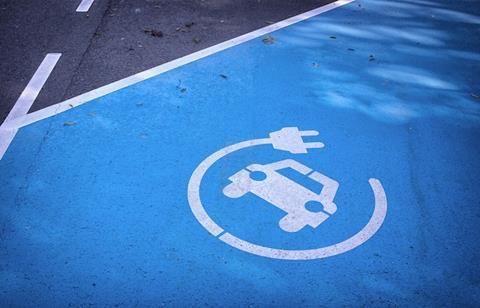
Spring Budget 2017: The government will invest in the development, design and manufacture of batteries to power the next generation of electric vehicles.
The investment will form part of the Industrial Strategy Challenge Fund (ISCF), which will receive an initial investment of £270 million in 2017-2018.
In his Spring Budget 2017 speech, Chancellor Philip Hammond announced that the £270 million investment will be used to develop disruptive technologies, such as robotic systems and driverless vehicles.
The ISCF forms part of the National Productivity Investment Fund (NPIF), which was announced in the Autumn Statement 2016. This includes an investment of £390 million in ultra-low emission vehicles (ULEV), renewable fuels, and connected and autonomous vehicles by 2020-21. This funding also includes an £80 million investment in ULEV charging infrastructure.
Claire Evans, head of fleet consultancy at Zenith, said: “We saw £270 million allocated to keep the UK at the forefront of disruptive technologies that will include funding for the development, design and manufacture of batteries to power the next generation of electric vehicles. Increased range on new battery technology will speed their adoption by fleets.
“The £16 million made available for a new 5G mobile technology hub will also support the move toward driverless vehicles. A £690 million competition for local authorities to tackle urban congestion and get local transport networks moving again is a welcome addition."











